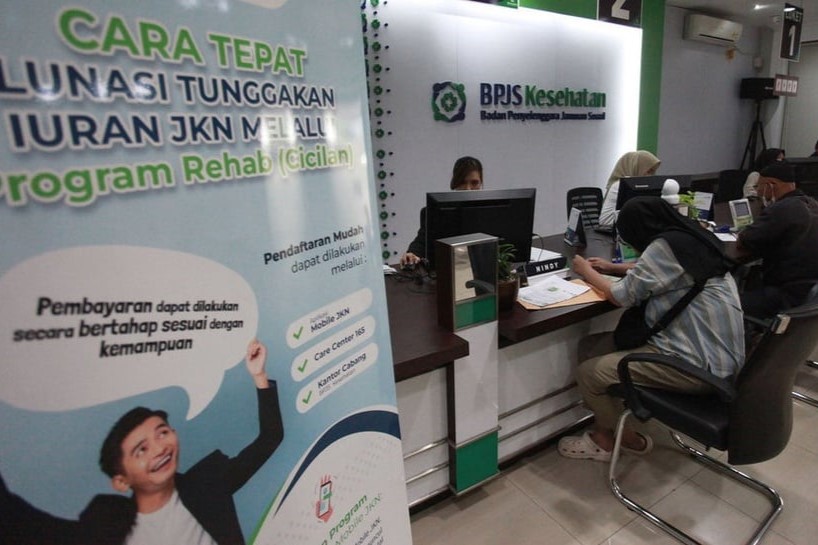Policies need to address the rising need for care and to ensure decent work in the care economy of Asia.
At present, care work and therefore also domestic work are unrecognized and undervalued. Furthermore, in the future domestic workers are expected to face increasing vulnerability, despite the predicted rise in demand due to demographic change in Asia.
According to the International Labour Organization, so far there have only been inadequate policy responses to the rising demand in care work and there are no solutions to the looming global care crisis. Policies need to address the rising need for care, and challenge the huge difference between women’s and men’s care responsibilities. Women perform 76.2 per cent of total hours of unpaid care work, more than three times as much as men. If attitudes towards the gender division of care work do not change and women’s care-giving roles in families remain central, the value and recognition of paid and unpaid care work is unlikely to increase.
Herni Ramdlaningrum is a programme manager at the Indonesian welfare organization Prakarsa, and Desintha Dwi Asriani is a PhD candidate in Department of Women’s Studies at Ewha Womans University Seoul. They are both part of Friedrich-Ebert-Stiftung’s network dealing with women and the future of work in Asia. They wrote a research paper on the future of work in Indonesia and are particularly interested in how care work is affected. Around this year’s World Day for Decent Work, which focuses on “Investing in care for gender equality,” the two researchers explain their vision of the future of care work.
In the nexus of care work and the future of work, what is your major concern for women?
DA: For women in Indonesia, challenges remain for those doing domestic and care work, paid as well as unpaid. There are currently no regulations in place to support women who are employed in domestic care work in the same way as other professions such as doctors or office workers. Social protection benefits are not available and domestic workers are not seen as participating in decent work. Women who undertake unpaid care work or fulfil traditional roles in the home are prevented from entering the workforce, which contributes to the ever-growing gender inequality. Domestic work is a necessity in society, it is required for those who are vulnerable such as the sick, older persons, children, and people with disabilities. Especially since it is such a necessity, care work should be a recognized profession with the same entitlements as other paid employment.
Who can address and advocate for these issues?
HR: Three main players are the most important for economic justice and labour issues in Asia, and Indonesia: labour unions, non-governmental organizations, and feminist and women’s groups. Within these organizations it is important to ensure women can take part in discussions and decision-making and to consider how far unpaid care work obligations prevent women from joining the fora in which these debates and decisions are made. I recently attended the PSI Asia Pacific Congress and it was good to see that the question of how equal participation could be improved was taken very seriously. These players need to advocate for the recognition of care work towards policymakers in a way that makes them realize that society at large will benefit from care work being paid and recognized, with social protection. Gender equality is a worthy goal in itself, but the benefits for all parts of society need to be made more apparent, it seems.
How should policymakers address these challenges?
DA: Women need more space to participate in the workforce. The obstacles and underlying reasons that hinder women from doing so need to be analysed, and the transformation from unpaid care work to recognized decent employment should be enabled. Traditional gender roles that place women into the domestic sphere and associated care work as naturally female areas are core issues that make it difficult to increase the value and recognition of care work. Education and economic empowerment are crucial challenges to be tackled as well.
Support systems, such as social protection, health care, pension, childcare services and proper facilities, need to be developed to allow women to participate in the workforce, expanding their capabilities and opportunities to achieve gender equality.
In a utopia, what is your vision for how care work would be placed in society and how is that linked to the future of work?
HR: For women who undertake unpaid care work, that work becomes recognized paid employment with the same social protection benefits as other decent employment sectors. Women should have the ability to choose the work they desire, including care work, which would be the case if the latter were recognized as decent paid employment. Care work should also be redistributed in the household, so it is not seen as work that only holds women back.
DA: Future adaptation with technology should also be considered, with any technological advancements taking into consideration the rights and freedoms of women who undertake paid care work. Technology should empower and benefit everyone. It should not be a tool to save time on one household chore only to free up the woman in the house for another chore.
Authors: Desintha Dwi Asriani, Herni Ramdlaningrum
Source: FES Asia



